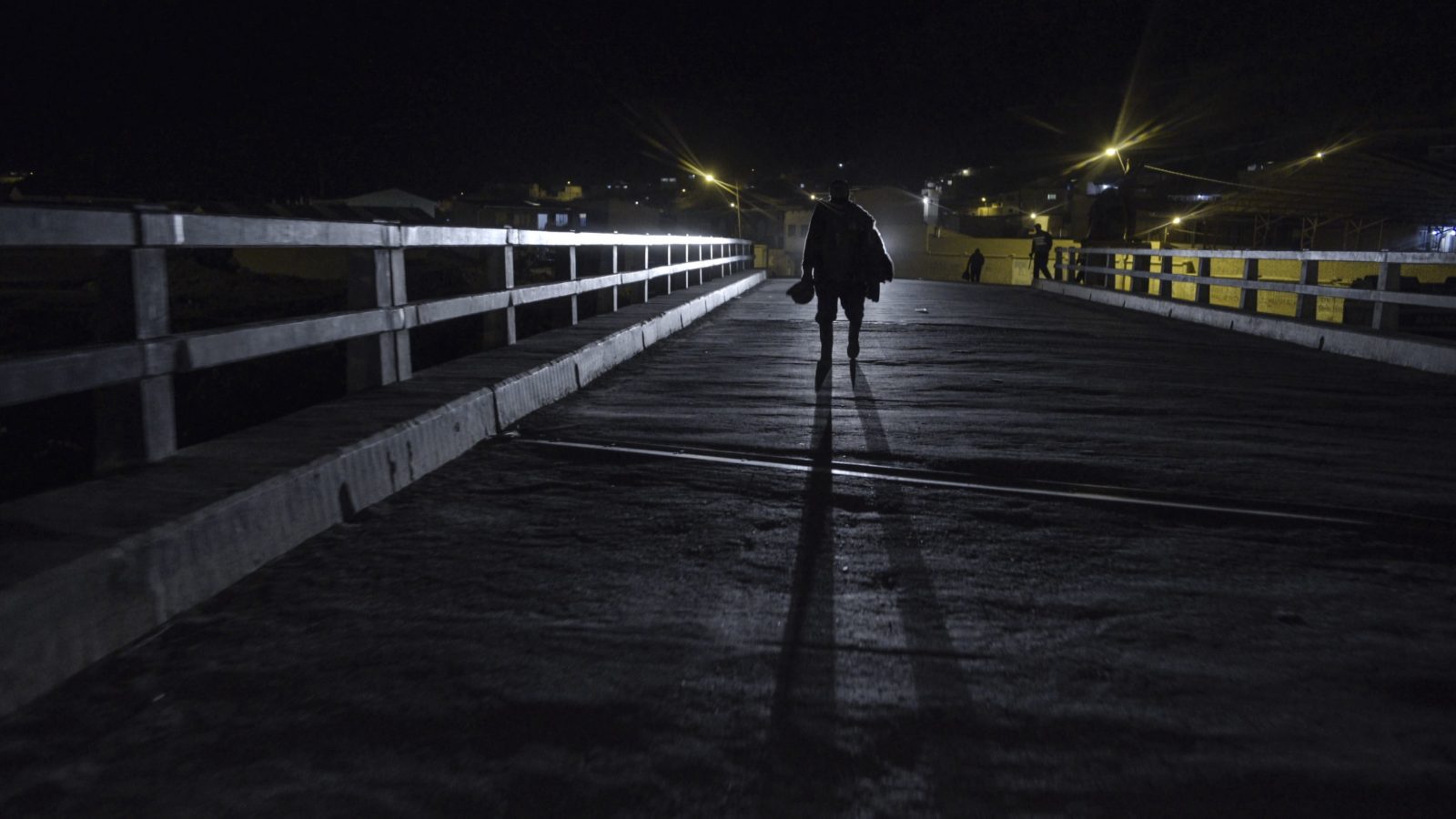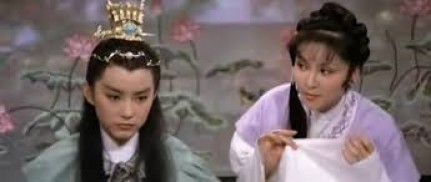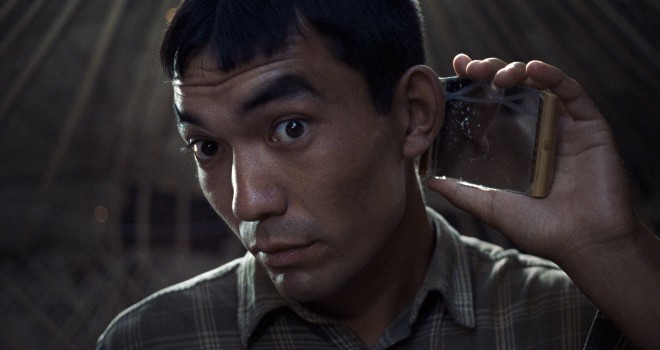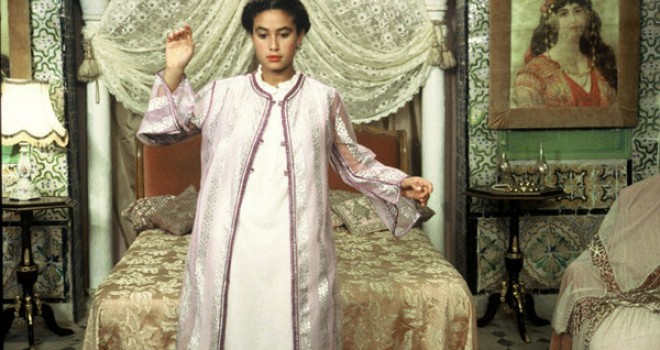The film opens with an unseeing and macabre dance scene in a local disco. To the blare of poisonous techno music, discarnate, heavy, alcohol-laden bodies convey an unfathomable violence that all the men have visibly agreed to submit to; bodies lumber around aimlessly. Further away, in the countryside close to suburb of this west Bolivian mining town, a surrealistic pitch darkness blankets a very different rhythm: a mining community is searching for a missing miner. This permanently somber vision of a society that has lost its bearings is one that the young Bolivian filmmaker Kiro Russo paints of his country in this debut film. The main character, Elder, whose father has just died, will find no greater relief plunged into the reality of the mine’s depths. The violence both above ground and in the underground work leave him no other hope than, perhaps, seeing again the natural light of day. Despite the anger and rebellion driving him, Elder amuses his older colleagues; but whether he mocks or is mocked, here, everyone’s fate is the same: trekking through the galleries and breathing as best as one can. With a willful approach to his mise en scène and his elegant filming of darkness, Russo enfolds this underground theatre in a cruel sublimation of physical hardship and the workers’ rituals. This is the way that his cinema has of supporting these men, but never lessening the pain. Humanist and cold. Guillaume Mainguet
The producer and director of this film have benefited from the Produire au Sud workshop expertise in 2013. Produire au Sud is the professional program of the Festival of 3 Continents.




